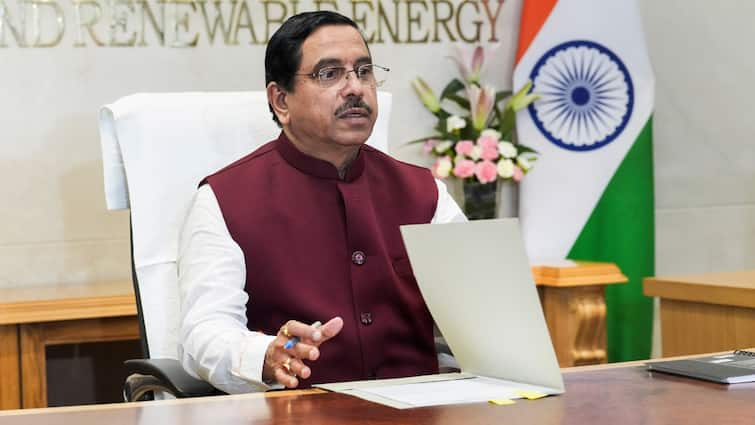At a time when quality defines credibility, India is taking bold strides to ensure that every product reaching consumers meets world-class benchmarks. On the occasion of World Standards Day 2025, Union Minister of Consumer Affairs, Food and Public Distribution, and Minister of New and Renewable Energy, Pralhad Joshi, announced a major step: harmonising the Quality Control Orders (QCO) framework to curb substandard goods while supporting the nation’s MSMEs.
Speaking at the Bureau of Indian Standards (BIS) celebration, Minister Joshi emphasised that India must strike a sustainable balance between tightening quality enforcement and enabling the growth of small and medium enterprises that drive local innovation and employment.
Highlighting India’s remarkable economic journey, the minister noted that in just 11 years, the nation has climbed from the world’s 10th largest economy to the 4th, guided by the government’s philosophy of Reform, Perform, and Transform. With confidence, he projected that India is well on track to becoming the third-largest economy by 2028, with BIS playing a crucial role in aligning national standards with global benchmarks.
The theme of World Standards Day 2025, “Shared Vision for a Better World,” draws from the United Nations’ Sustainable Development Goal 17 – Partnership for the Goals, highlighting collaboration as the key to sustainable progress. Minister Joshi praised BIS for embracing this philosophy by adopting global best practices while prioritising national interests in sectors like renewable energy, electric mobility, digital infrastructure, and sustainable materials.
He reiterated Prime Minister Narendra Modi’s call for “Zero Defect, Zero Effect”—products that are both flawless in quality and environmentally responsible. “Bharat must be recognised globally for its quality,” he said, urging that Indian standards become synonymous with excellence worldwide.
Standards, Certification, and Consumer Awareness
Today, India has over 22,300 active standards, with 94% harmonised with ISO and IEC norms. The number of new standards formulated annually has more than doubled, from 407 in 2014 to 1,038 in 2025. Similarly, products under mandatory certification have expanded from 106 to 773, spanning 191 QCOs and two horizontal QCOs.
Concluding the event, Minister Joshi urged BIS to amplify consumer outreach—reaching both urban and rural citizens, and embed quality consciousness at every level of production. He reaffirmed that quality and standards are the backbone of Atmanirbhar Bharat and Viksit Bharat, driving innovation, sustainability, and trust in “Brand India.”


